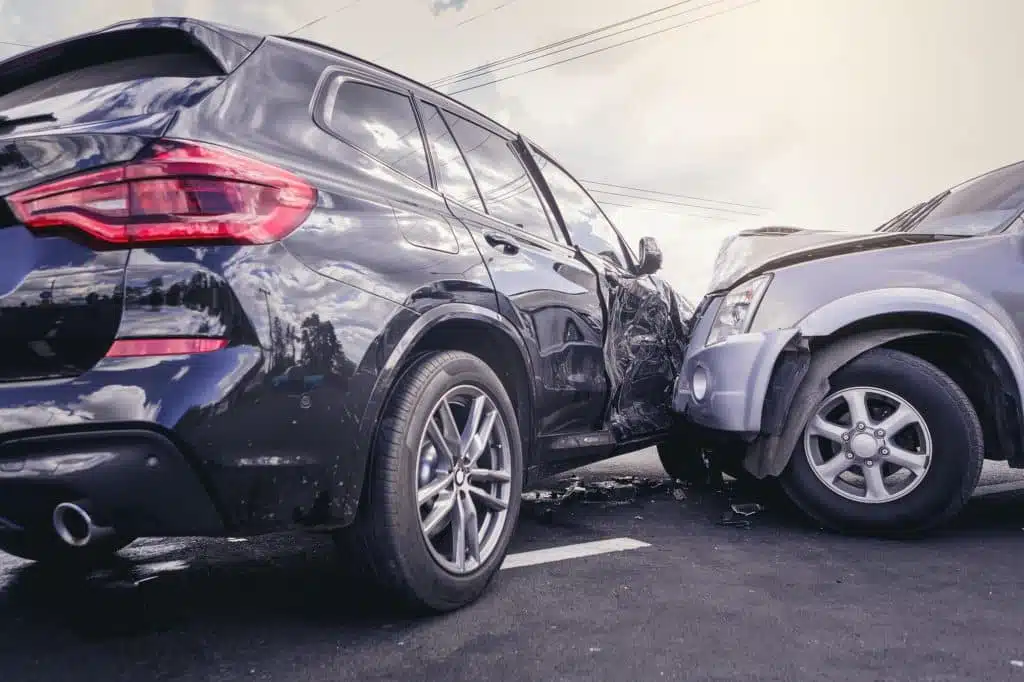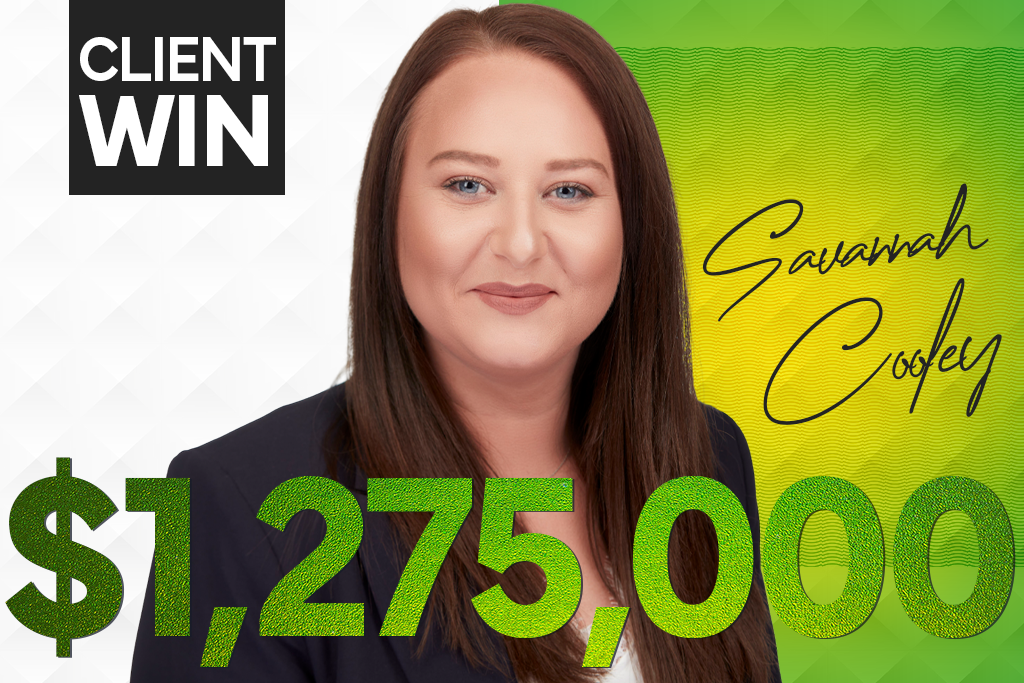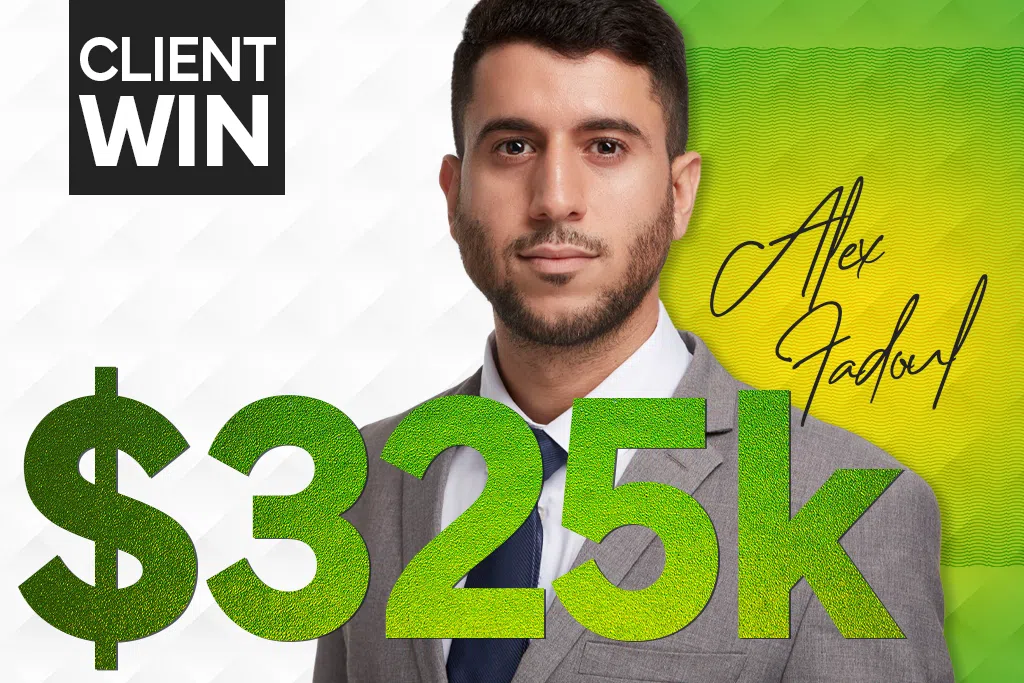As most of the world now hops in an Uber for one-way trips, it’s essential to know the answers to questions like, “Is Uber responsible for accidents?” or “Does Lyft cover you in an accident?” The truth is that Uber and Lyft drivers can be in an accident like everyone else. Knowing how these rideshare companies protect their drivers and passengers can help you have confidence the next time you take a rideshare service.
What Are the Common Causes of a Rideshare Car Accident?
Like any other motorists, Uber and Lyft drivers face many hazards on the road. From distracted driving to speeding, rideshare drivers have a lot to keep up with while transporting passengers.
A few of the many reasons a Lyft or Uber driver may be in an accident include:
1. Distracted Driving
Because rideshare drivers are multitasking while driving, distracted driving is a significant factor in rideshare accidents. In addition to the everyday stress of driving passengers, Uber and Lyft drivers need to keep their driver’s app running for the entirety of the ride. This system provides the information they need to reach their destination. It offers live locations and feedback to the rideshare companies and passengers.
While this system is an excellent source of navigation and information, it also means the driver is constantly looking at their phone. The built-in distraction of their cell phone and taking care of their passengers’ needs can create a highly distracting environment for safe driving.
2. Unknown Routes and Destinations
A rideshare driver often picks up passengers or transports them to an unfamiliar destination. If there are unexpected turns or incorrect information in the navigation system, it could lead to a hazardous driving situation.
3. Sleepiness While Driving
Drowsiness while driving is also a significant factor for many rideshare drivers. The CDC warns about the dangers of driving while sleep-deprived. Not only could you fall asleep at the wheel, but your reflexes are slower, which gives you less reaction time when sleepy.
For Lyft and Uber drivers, sleepiness can hinder the ability to transport their passengers safely. Frequently, rideshare drivers operate long hours or drive late nights and early mornings. Combining long work hours and drowsiness can be a dangerous cocktail for many rideshare operators.
4. Speeding
Any unsafe driving habits like speeding or failing to abide by the laws of the road can lead to an accident. Like all motorists, Uber and Lyft drivers must be cautious in following all traffic laws within the area they operate.
Determining Who Is at Fault in a Rideshare Accident
Determining who is at fault in a rideshare accident can be a crucial step after an accident—but it doesn’t have to be. There is a “no-fault” stance in Florida, which means rather than looking at who was at fault, drivers deal directly with their insurance companies to be compensated.
But in other states, determining liability can show who is responsible for covering the damages and injuries of the accident victim.
Doesn’t Lyft or Uber Provide Commercial Insurance?
In “at-fault” states, such as Georgia, the driver who caused the collision could be responsible for covering the damages. Uber offers some protection for their drivers in the form of insurance. This coverage is designed to protect Uber drivers should they be involved in an accident while using the driver app.
Lyft offers similar protection for their drivers at no extra cost to the driver. Lyft driver insurance can help protect drivers and passengers from the cost of bodily injuries and damages from the collision. But the core questions remain; “is Uber liable for accidents,” and “does Lyft cover accidents?”
Resolving accidents involving Uber or Lyft drivers can be tricky. A car involved in an accident while being used for business is typically not covered by standard auto insurance coverage. If a ridesharing accident is not covered by personal insurance coverage, it could leave drivers and passengers in a bind. However, most insurance companies offer supplementary coverage with a ridesharing policy or endorsement.
States like Florida and Georgia also have laws requiring a minimum amount of personal liability insurance in order to legally operate a vehicle. With the insurance coverage from Lyft and Uber, in addition to coverage from the drivers’ insurance companies, drivers and passengers involved in an accident typically have enough coverage available to cover their injuries and any damages.
Even though Uber and Lyft offer insurance to their drivers, the aftermath of an accident can still be challenging to navigate. Insurance companies may be difficult to work with and can even deny responsibility. Having spent the last several decades fighting for accident victims, it’s unfortunate that we’ve seen countless times insurance tries to deny, delay, or underpay a rightful claim.
You May Also Be Interested in:
What to Do After an Accident with a Lyft or Uber
It would be best to take swift action when a ridesharing car accident occurs. To protect your rights, try your best to remember to accomplish as many of the following from the scene of the accident:
- Ensure everyone is alright or that help is on the way: Before you do anything, check for injuries and call 911 to come to the accident scene.
- Gather information: If witnesses stop to help, ask for their names and contact information, as their version of events may be needed later.
- Talk with the authorities: Give the police as many details as possible on the scene. A police report can help with insurance claims later on.
- Take photos: Pictures can be your best defense in an accident. Take lots of pictures and videos of the scene.
- Contact the rideshare company: Let Uber or Lyft know that you were in an accident involving one of their drivers. Both Uber and Lyft apps have contact portals.
- Contact your insurance company: Let your insurance provider know about the accident. Give them as many details as necessary but be careful not to admit fault. They may use that against you in the claims process.
- Get legal advice: Any car accident can be challenging in the aftermath. Our car accident attorneys in Fort Myers and throughout Florida can help shoulder the burden of dealing with insurance while you focus on your recovery.
Don’t Go Through a Rideshare Accident on Your Own
After a rideshare accident, there are countless stressors and worries. Whether you suffered a personal injury or are fighting with insurance, it can be overwhelming for anyone. Even though Uber and Lyft do work to protect their passengers and drivers, insurance companies may deny liability or make getting compensation for injuries and damages difficult.
Fortunately, you don’t have to face it on your own and Farah and Farah stands ready to help with your case. If you were involved in a rideshare accident, don’t hesitate to contact our team to see what options you may have available.













